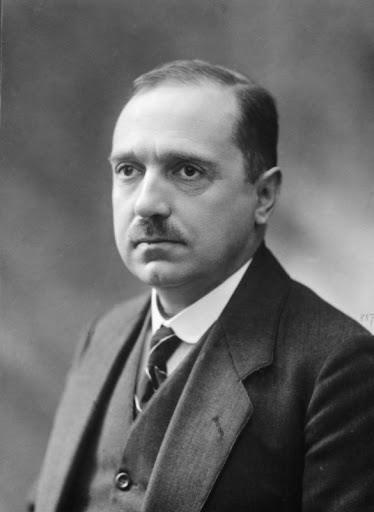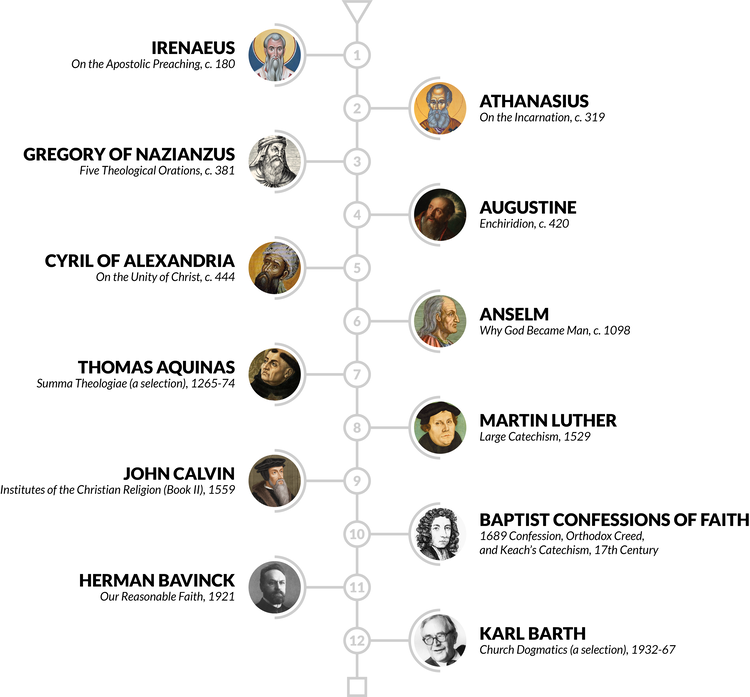 A couple of days ago I posted an exposition of Rudolf Bultmann’s ‘The task of Theology in the Present Situation’ from May 1933. I want to reflect a little further on this lecture and task.
A couple of days ago I posted an exposition of Rudolf Bultmann’s ‘The task of Theology in the Present Situation’ from May 1933. I want to reflect a little further on this lecture and task.
First, Bultmann reflects on the contemporary political situation as a theologian, and more specifically, “on the meaning of our theological work in this situation” (158). That is, what does it mean to be a theologian and to undertake theological work in a situation of dramatic political change and inflamed nationalist sentiment? His intent is neither to affirm nor to criticise the events themselves: ‘Rather we must look at these events simply from the standpoint of their immense possibilities for the future and ask ourselves what our responsibility is as theologians in face of these possibilities” (158, original emphasis). He takes it as a given that the theologian works in the service of the church ‘to develop the basis and meaning of Christian faith for our generation’ (158). Again, toward the end of the address he states, ‘it is not my task to expound how we might wish things to be, but only how they actually are, according to the teaching of the church’ (163). And this he has done:
Ladies and gentlemen! There cannot be the slightest doubt that this is the meaning and the demand of the Christian faith, and that these are the thoughts that the theologian has to advocate. For what I have said is simply taken from the thoughts of the New Testament and the Reformers . . . We have attempted in face of the immense possibilities that are now open to us to understand our responsibility as it becomes clear to us through the critical power of the Christian faith (163-164).
Bultmann views theology as a work in service of the church in its task of nurturing the faith—and the life of faith—of the Christian community. He claims to be reiterating only the message of the New Testament and the Reformers—Scripture and tradition. From these sources he affirms the ideas of the ‘ordinances of creation,’ and their ambiguity due to human sinfulness, the love commandment and with it, one’s responsibility to one’s neighbour, and all within an overarching understanding of God as creator, judge, and redeemer. Together, these lines of thought provide the ‘critical perspective’ (163) he brings to his reflection on the situation.
My second reflection concerns the idea and role of faith. Prominent in Bultmann’s understanding of the task of theology is the responsibility to ‘develop the basis and meaning of Christian faith for our generation’ (158). Just what he means by this phrase requires more extensive grounding in his work than I presently have (this is my first direct engagement with his work). But it is suggestive. The focus of the theological task is constructive and creative for without it Christian faith would seem to have ‘in our [any] generation’ no basis or meaning. He must intend this in a relative rather than absolute sense for the faith he wishes to commend is faith in the biblical God. Yet his focus is on faith, the human response as it is directed toward God as Creator and Judge of the world, and its Redeemer in Jesus Christ. That the theologian’s task is to develop the basis and content of this faith suggests that these are not givens, that the basis for faith must be developed (created?), as must its content. This stands in contrast to Barth’s approach in which the task of theology follows the objectivity of revelation given us in Jesus Christ and in which God himself creates the possibility and reality of faith.
This faith is evident more in its demonstration than its content as such, realised ‘precisely in our experience and action as obedience’ to the Lord who encounters us in the concrete situation of the moment (159). Faith, then, is not merely, perhaps not even, a belief in God as the cause or source of the world, but an acknowledgement of God’s lordship that meets us in our existence in the world. Human life and action are not determined by a timeless plan of providence but by the concrete situation of the moment within which we have been placed and wherein we are confronted by the divine lordship. This suggests a divine immanence that Bultmann will quickly relativise: God is not to be identified with the ‘ordinances of creation’ although one’s action with respect to them may be characterised as responsible obedience or as sin (160).
Bultmann’s ‘faith’ refers ultimately to Christian faith: faith ‘knows God not only as the Judge, but also as the Redeemer, who through Jesus Christ restores his original creation’ (162, emphasis added).
Only he who knows the transcendent God who speaks his word of love to the world in Christ is able to extricate himself from this sinful world and to achieve a perspective from which the world’s ordinances can really be known as ordinances of creation—i.e., as ordinances for which he must gratefully rejoice and in which he must silently suffer and serve as one who loves. He alone has a critical perspective over against the loud demands of the day, in that he measure the good and evil in such demands by asking whether and to what extent they serve the command of love. And he alone also has a critical perspective with respect to himself, which enables him to ask whether his own action is really selfless service (163)
Faith, therefore, is a form of knowledge deriving from God’s redemptive action in Jesus Christ by which the believer knows God as Creator, Judge and Redeemer, and therefore knows him or herself and the world in which they live. Presumably, this knowledge of faith is that developed by the theologian as they serve the church.
 Selection: The Church Dogmatics II/1:25-31, §25.1 “Man before God.”
Selection: The Church Dogmatics II/1:25-31, §25.1 “Man before God.”


